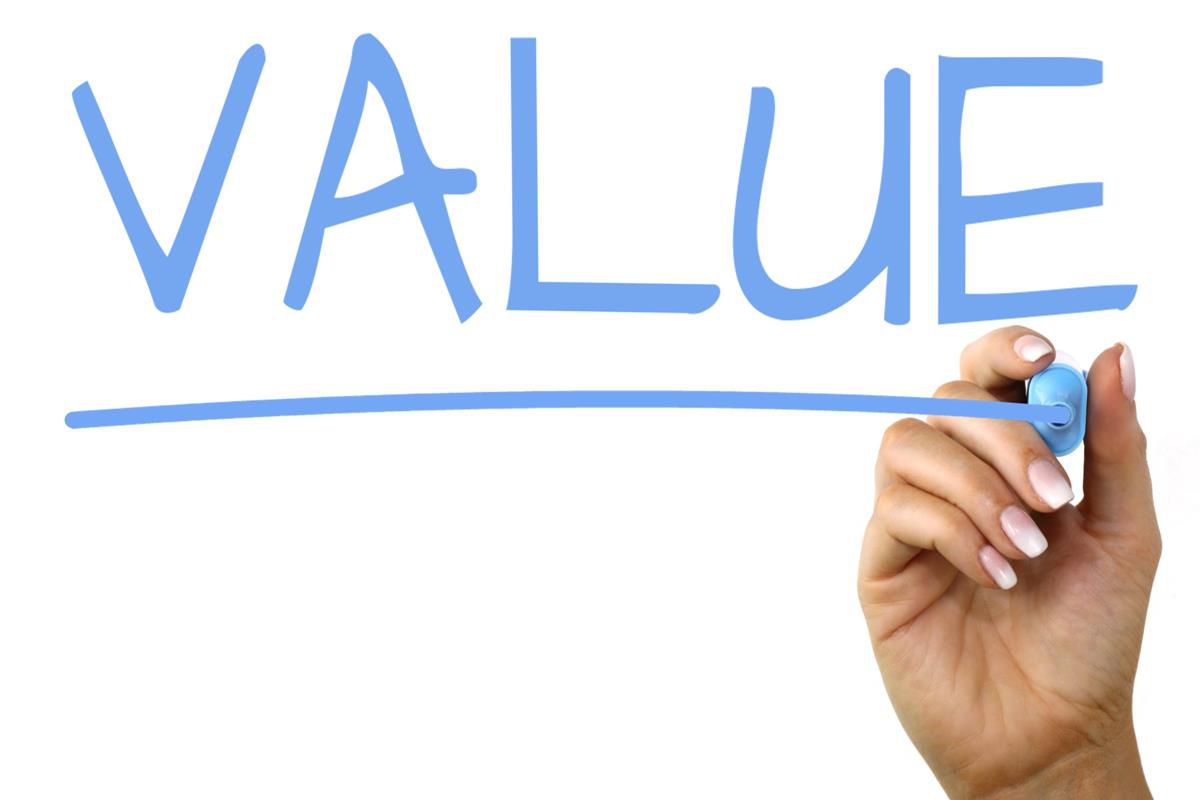Maybe you’re looking to sell your company. Perhaps you’re seeking investors, financing, or lending. Either way, determining your company’s value is something all business owners must do from time to time.
It seems like it should be a straightforward process; however, determining your company’s value is no easy feat. Most business owners overestimate their value. Whether you’re a one-man-shop entrepreneur or a company with thousands of employees, there’s nuance to determining your company’s worth.
How do you evaluate your company’s value? Let’s look at everything you need to know to begin uncovering the actual value of your business.
Valuation Methodologies
There are numerous ways to evaluate company value. Some of the most popular methods include:
- Book Value – This valuation method is the most straightforward. It relies purely on the financials. It takes the balance sheet and the value of assets and subtracts liabilities.
- Cash-Flow – This method is based purely on future potential projections. It looks at how much cash flow the company will produce continually. Then, it discounts those values into today’s dollar value.
- Publicly-Traded Comparables– This particular method looks at public companies whose values are similar to yours based on their share price. It examines the last twelve months’ share value and assumes the next twelve months of revenue to ascertain your business’s estimated value.
- Transaction Comparables – This method focuses on transactions of the last twelve months and predictions for transactions over the next twelve months.
Determining value isn’t as cut and dry as it should be. That’s why tools like a business value calculator can come in handy. They can take the heavy lifting out of company valuation and make your job so much easier.
Aside from using a business value calculation, there are several things you need to do to understand your company’s worth.
Steps for Determining Your Business’s Worth
There are several steps to help make valuing your company much more straightforward.
- Understand Your Assets – Whether you use a business calculator or not, you need to get a good handle on your company’s assets. Assets include cash on hand, inventory, equipment, financial backing, and more. Determining your assets gives you a good starting place for understanding value before liabilities.
- Understand Your Financial Statements – You should know how to find your revenue, profit, and liabilities for any given period very quickly. If your financials are amuck, you’re going to have a difficult time determining value. Most valuation calculators and experts will require this information, so you need to take the time to get it in order.
- Get a Gauge on What Makes Your Company Valuable – Aside from cash-tied assets, what makes your company uniquely valuable? Perhaps it’s your award-winning staff. Maybe it’s the proprietary manufacturing technique you’ve developed. Maybe you’re in a terrific geographical location. Other intangible values include niche products, dedicated customers, potential partnerships, existing cost-breaks, and more.
- Wrap Your Head Around Historical Data and Make Projections – Crack open your books and look at your company’s historical data for the past three to five years. This should give you a clear picture of your historical data and trends. You can use this data to project future earnings. Perhaps, you’ve consistently grown revenue by ten percent every year. If so, it could be accurate to project that you’ll continue to do so. Understanding your historical data is pivotal to unwrapping value.
- Use a Business Valuation Calculator or Hire an Expert – Don’t be unwilling to use the tools you have at your disposal. Business valuation calculators can save you an excessive amount of time on manual calculations and figuring things out. If you feel outside your scope at any point in the valuation process – call in an expert. You don’t want to overestimate your company’s value and scare off potential buyers. More importantly, you don’t want to underestimate your business and get taken advantage of.
Determine Your Company’s Value Today
Even if you aren’t on the path to selling your business or seeking lenders, it’s essential to know what your company is worth. Start taking the steps above to ensure you always have a clear and accurate picture of your business’s value.
Knowing what your company is worth keeps you poised for any opportunity that comes your way.
About the author: Skylar Ross is a contributor at Raincatcher and a blogger. His contributing site, Raincatcher, provides useful tools and advice for business owners such as a business valuation calculator, exit planning strategies, and guides to selling your business.

